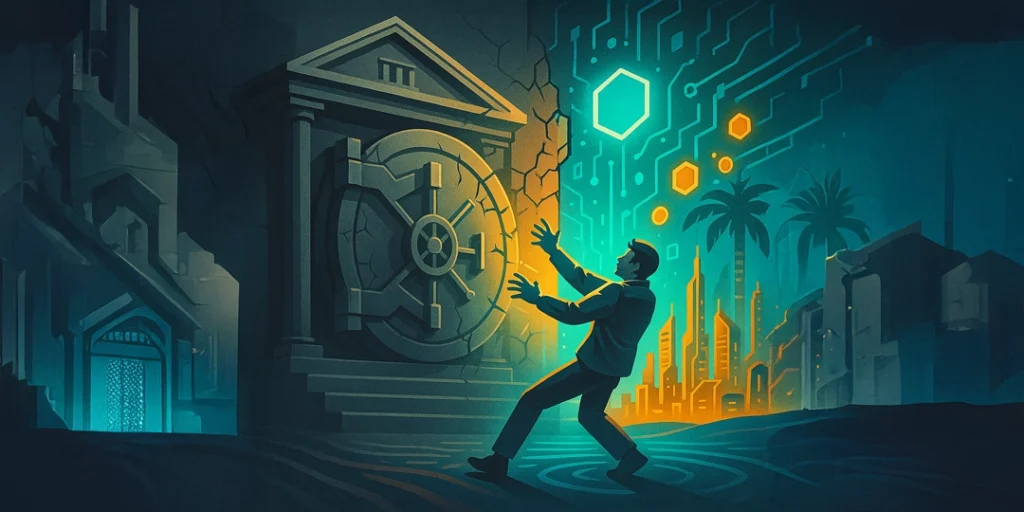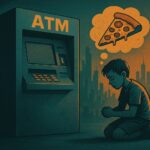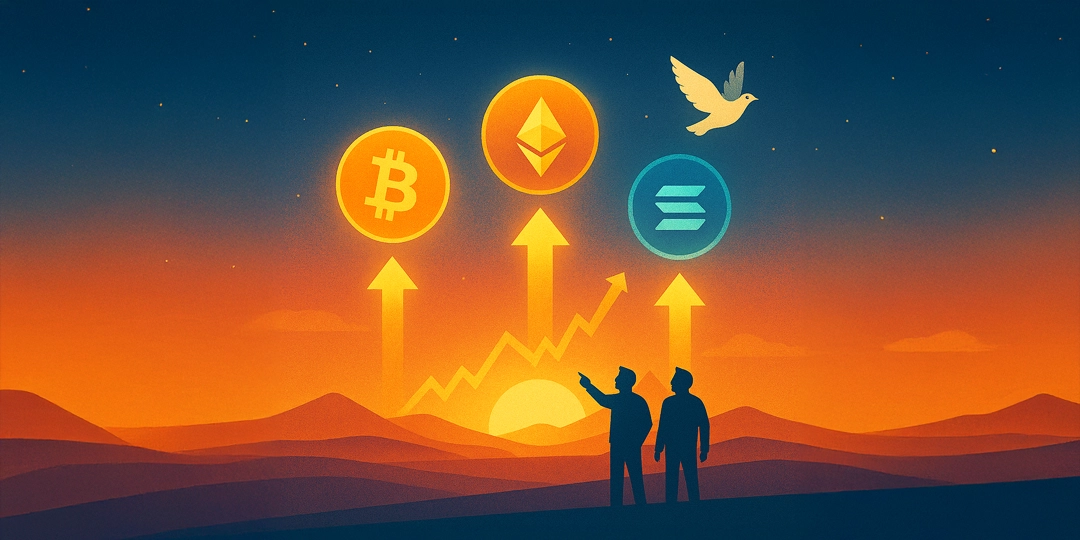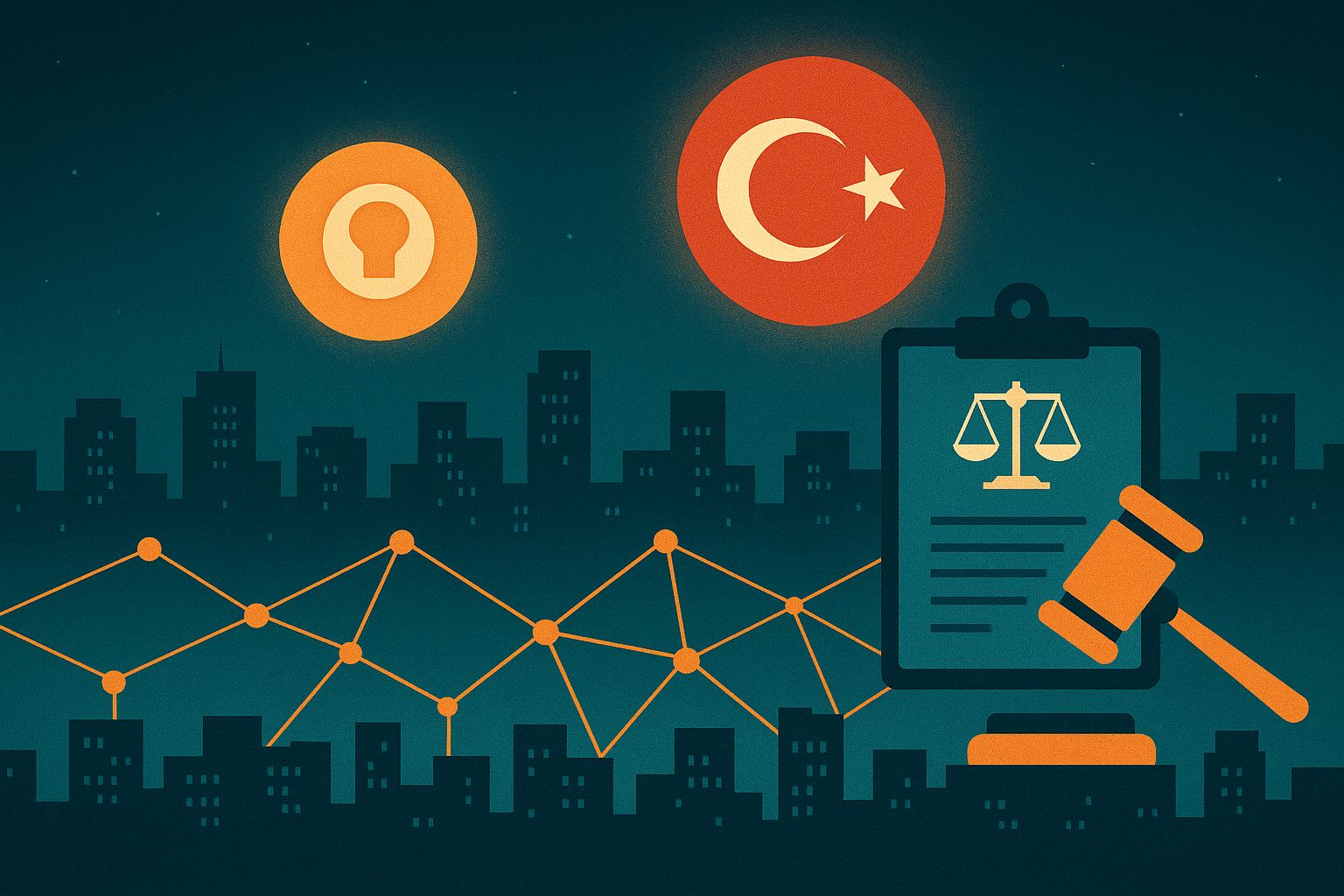Sixteen-year-old Paul (a pseudonym to protect the investor’s identity) stood frozen as the machine devoured his debit card. Humiliation burned his cheeks. It was his first birthday since his father’s death—a day already raw with grief. Now, the system meant to “protect” him had stolen something simpler: his dignity. His inheritance? Locked. His mother’s savings? Garnished. Even $20 for pizza with friends? Denied. That moment, a cold, bureaucratic betrayal lit a fuse. This destroyed his faith in the system… and years later forged an unshakeable belief in crypto’s promise. Paul decided no institution would ever hold his future hostage again.
The $50 that got away: Sequential misses
As doomsday prophecies gripped the internet, 13-year-old Paul stumbled upon Bitcoin—a “digital lifeline” for a world without banks. With $50 scraped together from the couch cushions, he tried to buy in. But 2012’s labyrinthine crypto onramps crushed his dream. Banks demanded parental permissions; exchanges rejected teen accounts. He walked away. First miss.
Now, a few years older and stranded, away from family, drowning in grief, Paul battled depression in a cramped dorm. When Bitcoin roared back at $800 during engineering school, fate offered a lifeline: a crypto conference on campus. But a looming math exam forced a cruel choice. He studied. Bitcoin surged. Second miss. The “what if” haunted him.
The inheritance lockdown: Protection that felt like prison
Why the rage against banks?
The state’s iron grip closed instantly. Overnight, Paul’s dead father’s assets vanished into a bureaucratic deep freeze, locked tight until his 18th birthday, no exceptions. But the cruelty didn’t stop there. The system slashed his mother’s income, clawing back hundreds of dollars every single month “for his future,” starving them of cash when they needed it most.
Paul was now desperately searching for a house in Nevada, and the landlords looked at his shackled savings and spat out the same soul-crushing rejection: “Locked? Come back in a few years.” And the most crushing experience was his debit card? Swallowed whole by an ATM while paying for his birthday pizza, not because of insufficient funds, but because his very existence, his own account, was chained to his father’s frozen grave. This wasn’t protection. This was a financial stranglehold. The system didn’t shield him; it pinned him down, stole his agency, and left him gasping.

Rock bottom therapy: Bought Bitcoin to understand the joke
Nevada wasn’t just lonely but had also become a monument to his powerlessness. Every street corner screamed reminders of his tragedies. One midnight, drowning in bank statements and bureaucratic venom, he slammed his fist on the dorm desk. “I’m choking on their ‘safety,’” he hissed. That’s when he stumbled into the digital asylum: a notorious crypto forum.
Traders roared through 60% pumps and brutal rug pulls, flooding threads with champagne-clinking Leonardo DiCaprio memes. Their madness was electric. One user posted, “Lost 80% on ShitcoinX today. Celebrating with Thai takeout!” Paul’s breath hitched. Then, a sound shocked him: his own laughter. Raw, jagged, alive. These degenerates laughed at oblivion while he was suffocating in it. The next morning, he canceled his tattoo appointment. That prize money he won? He dumped it all into crypto. Not for riches. To feel the rush, these lunatics called it living.
He bought Bitcoin at around $3,000, the all-time high. Twenty days later, it cratered below $1,900. Sweating, he sold. Then it rocketed back. He FOMO-bought higher. His investment bled. Yet, in the wreckage, he grinned. He finally understood the DiCaprio toast. The memes weren’t just jokes—they were battle cries. No bankers seizing his mother’s wages. No judges freezing his dead father’s legacy. No ATMs swallowing his dignity. Just raw, untamed chaos. For the first time, his failure belonged to him alone, and that tasted like freedom.
Breaking TradFi chains to secure digital gold
The whitepapers became his weapons. Paul took gigs translating hyperbolic ICO manifestos, paid in vaporware tokens that evaporated overnight. He witnessed the absurd theatre: “Jesus Coin” promising blockchain salvation, “PartyCoin” bragging about funding Thai beach benders, and projects raising millions on pure satire while his mother’s wages were still being gutted by the state.
He even watched a fledgling Asian exchange, its interface a maze of untranslated characters, begin its meteoric rise. Its native token traded for pennies, a siren call he couldn’t answer… yet. But in the chaos, a revelation crystallized: “Your keys, your coins. No gatekeepers. No frozen funds.” This wasn’t speculation; it was emancipation.
On his 18th birthday, he boarded the dawn train to Los Angeles. Few hours later, he stood at the bank counter, heart hammering. Paperwork delays. Mumbled apologies. A dusty ledger was found. When the clerk finally slid the envelope across the counter, thick with the inheritance that had been held hostage for years, relief curdled into fury. The money was his, but the system had already stolen his trust, his security, and his dignity.
He didn’t just walk out with cash. He walked out with a mission.
That same afternoon, he funneled every dollars into crypto. Not recklessly but strategically. Years of translating scams had taught him to spot the rot beneath the glitter. He bought Bitcoin. He backed protocols built by devs who’d felt the boot of banks. He held through crashes, sold into rallies, and watched his frozen inheritance breathe and grow.
Today? Paul’s not yet a millionaire. But his Nevada apartment is rented with self-custodied profits. His mother’s garnished wages? Replaced by monthly crypto payments he controls. And when he passes an ATM, he doesn’t see a machine—he sees a relic. A broken god.
The rage never left. It just found a home in the blockchain.
Self-sovereignty isn’t a luxury but a lifeline
Paul’s crusade was fought with a harder currency: white-hot rage. The “glitch” that froze his funds? Policy. The “safety” that gutted his mother’s wages? Control. Crypto’s volatility wasn’t the risk, but staying enslaved was. When the state swallows your debit card at 16, you don’t dream of wealth but arson. His redemption wasn’t profits; it was weaponizing that swallowed card into a battering ram against the gates of TradFi. The inheritance that was finally unlocked became his gunpowder for a revolution already detonating.















